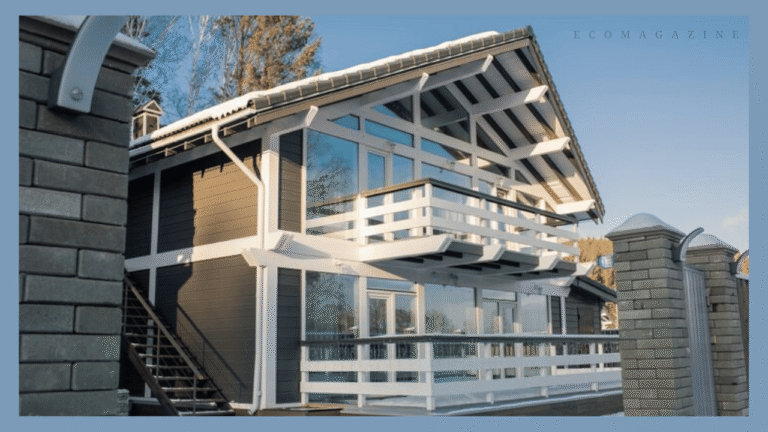In recent years, the appeal of house extensions has surged as a practical solution for homeowners looking to expand their living space without the upheaval of moving house. House extensions can provide additional living space, enhance property value, and allow families to enjoy a more functional and spacious home environment.
Understanding House Extensions
A house extension refers to the process of adding extra space to an existing home. This can involve extending the property outward, upward, or even downward. The most common types of extensions include kitchen extensions, conservatories, and loft conversions, each offering unique benefits based on the homeowners’ needs and the property’s layout.
Types of House Extensions
Ground Floor Extensions
Ground floor extensions are versatile and can transform existing spaces like kitchens and living rooms. These extensions can be built to the rear or side of the house, creating open-plan areas for better connectivity within the home.
Loft Conversions
Loft conversions make use of the existing space at the top of the house and can be an excellent way to add bedrooms or office spaces. These are particularly popular in urban areas where expanding outwards is less feasible.
Basement Conversions
In some properties, particularly older properties with larger basements, converting this space can significantly increase the usable area of the home. Basements can be converted into entertainment rooms, home gyms, or additional bedrooms.
Planning and Regulations
Before commencing any extension, it is vital to understand the planning permissions and building regulations that apply. Regulations can differ greatly depending on the location and type of property, making it advisable to consult with local authorities or professional building firms like 32 Degrees Building to ensure compliance.
Budgeting for an Extension
Careful budgeting is essential for the success of a house extension project. It is advisable to obtain detailed quotes from multiple contractors, considering potential costs for materials, labour, and any unforeseen expenses that might arise during the project.
The Importance of Design
Design plays a critical role in the success of an extension project. It is essential that the new extension complements the existing structure in style and function. Engaging with architects or design consultants can help in creating spaces that are not only functional but also aesthetically pleasing.
Hiring the Right Professionals
Selecting the right professionals is crucial to ensure that the extension is completed to a high standard of quality and safety. Companies like 32 Degrees Building offer expertise in constructing bespoke extensions that meet both aesthetic and practical requirements.
Advantages of House Extensions
House extensions offer several advantages. They can significantly increase the living area of a home, improve its overall value, and allow for customization to meet the family’s specific needs.
Potential Challenges
While house extensions have many benefits, they can also present challenges such as disruptions during construction, costs, and the complexity of obtaining planning permission. Mitigating these challenges requires careful planning and professional assistance.
Conclusion
House extensions provide a wonderful opportunity to enhance living spaces and add value to a property. By understanding the various types of extensions, complying with planning regulations, and employing the right professionals, homeowners can achieve a successful and satisfying result.


